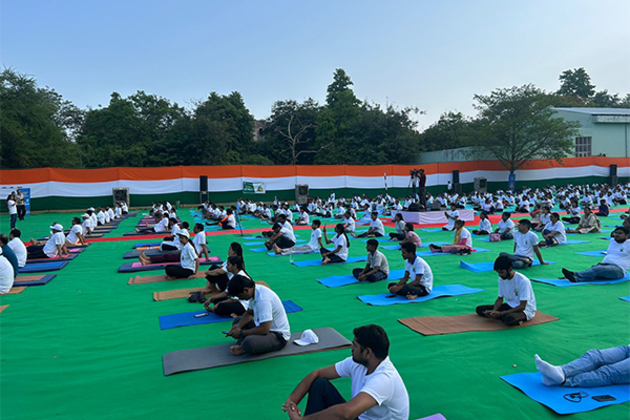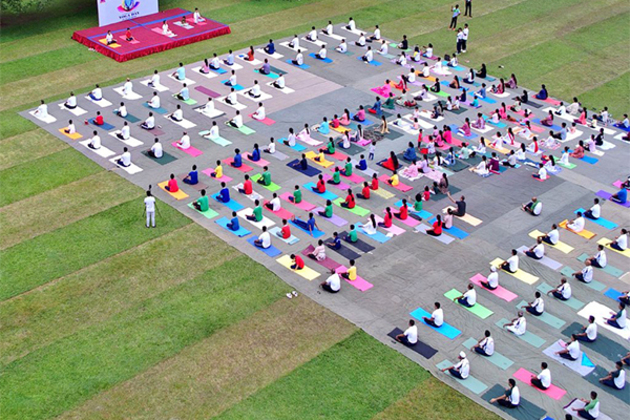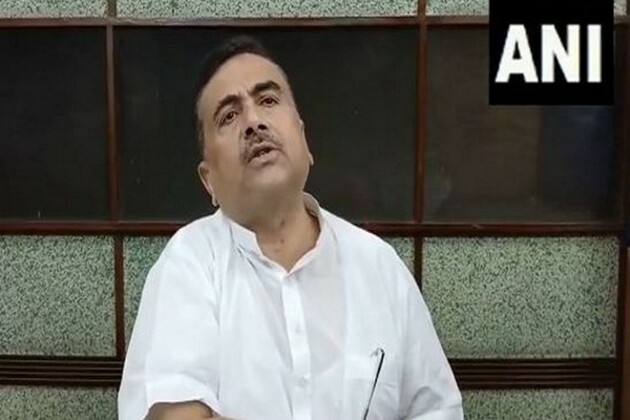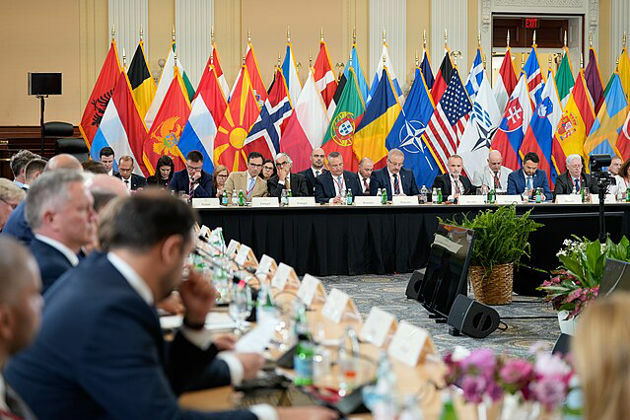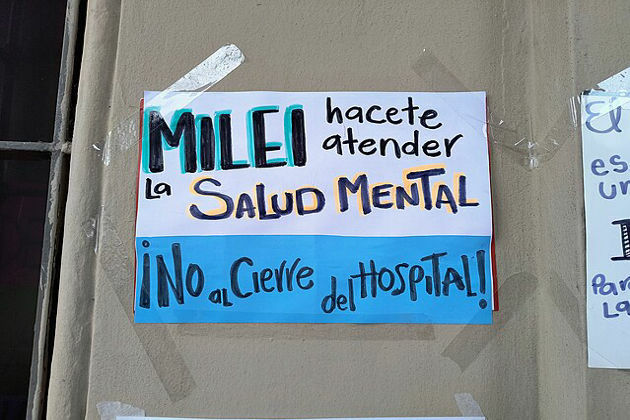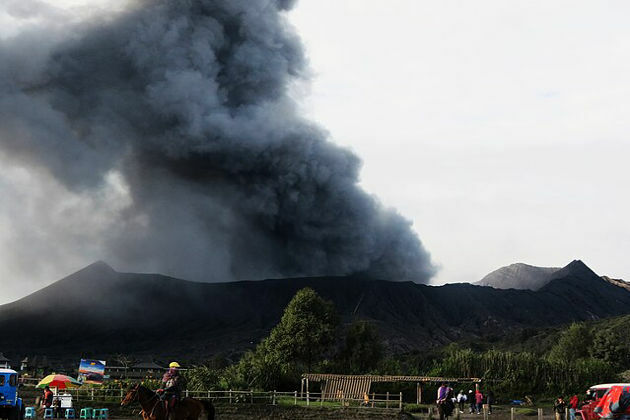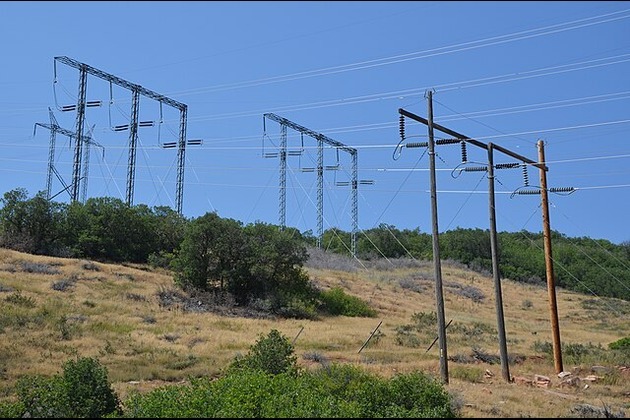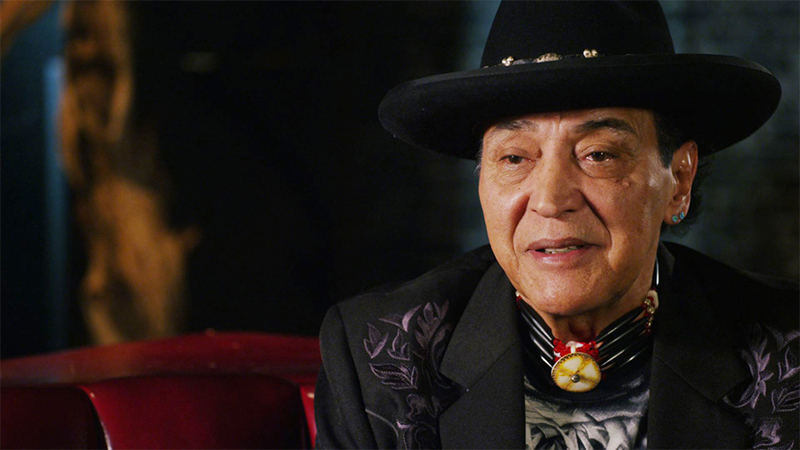Old vaccines for new infections - what we discovered
The Conversation
02 Dec 2020, 00:11 GMT+10
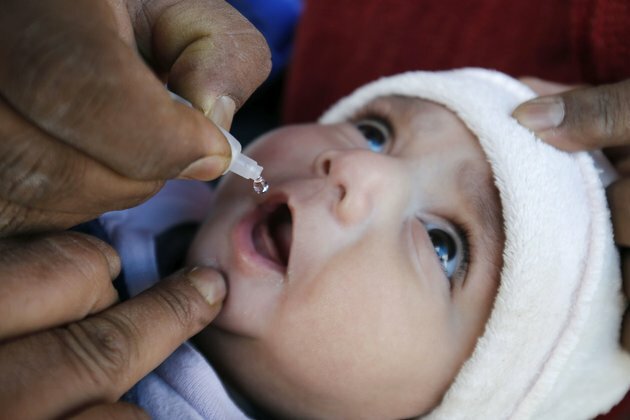
Most drugs can be used for more than just the disease they were initially designed to treat. For example, disulfiram (brand name Antabuse) was developed to treat parasites but has since been found to be useful for treating alcoholism. It's much quicker and cheaper to "repurpose" drugs in this way than it is to develop them from scratch, which is why we now have dexamethasone - a steroid developed in the late 1950s - for treating severe cases of COVID-19.
But what about vaccines? Surely they are designed to only protect against a specific disease (or diseases, for combined vaccines)? So why are researchers studying BCG (the vaccine against tuberculosis) and MMR (measles, mumps and rubella) as a possible protection against COVID-19?
Non-specific effects
The understanding that a vaccine only protects against a specific infection is based on what historically has been possible to measure: antibodies in the blood. These antibodies induced after vaccination were shown to be very specific to the vaccine and so could not protect against other infections.
Today, we know that the immune system is much more than just antibodies. What challenged the idea that vaccines only have specific effects against a given pathogen was population studies in west Africa.
In December 1979, a team of Danish scientists, led by our colleague Peter Aaby, followed a group of people in Guinea-Bissau with regular home visits. The main focus was nutrition, but as a service to the population, the team also provided the measles vaccine to all the children.
The following year, they noticed that the measles vaccine reduced overall deaths by more than 70% - much more than could be explained by the prevention of measles, which caused about 10-15% of all child deaths in Africa at the time. Other infections accounted for almost all the other deaths. So the finding could only be explained if the measles vaccine also reduced the risk of dying from other infections.
These effects were named "non-specific effects". A seminal paper describing this discovery was published in 1984. The prestigious science journal Nature lists the finding as milestone 13 in "Nature Milestones in Vaccines".
Subsequently, our group in Guinea-Bissau started investigating other vaccines and a distinct pattern emerged. All live vaccines, that is, vaccines that contained a weakened virus, such as the measles vaccine, were associated with much stronger reductions in mortality from any cause than could be explained by the effect on the virus being vaccinated against.
First, let's look at the BCG vaccine. This vaccine is recommended at birth in countries that still have a lot of tuberculosis. But newborns with low birth weight are usually vaccinated later. We randomly allocated newborns weighing less than 2.5kg to receive BCG at birth or to receive it later. In the first month of life, we found that the risk of the newborns dying was reduced by more than a third in those who received the BCG vaccine at birth.
Children don't die of tuberculosis in the first month of life, so the beneficial effect of BCG had nothing to do with protection against tuberculosis. Rather, BCG had reduced the risk of dying from sepsis and pneumonia - a completely non-specific effect. As a result of our findings, the health authorities in Guinea-Bissau changed their recommendation to emphasise BCG at birth for all newborns.
The findings on the BCG and measles vaccines have now been reviewed by the World Health Organization. The WHO concluded that both BCG and measles vaccines reduce premature death overall by more than expected.
The oral polio vaccine is another interesting example of non-specific effects at work.
Large clinical studies of the oral polio vaccine in the 1960s and 1970s conducted in Russia showed that it is effective against influenza, reducing the risk of catching influenza by 60-80%.
Our group also tested the oral polio vaccine for its overall health effects in Guinea-Bissau. In two randomised trials, we found that receiving the vaccine at birth (versus not receiving it at birth) was associated with a third reduction in infant deaths. We also found that the many oral polio vaccine campaigns in the last decades have been a major driver behind the unprecedented decline in child deaths. As there was no polio infection around in Guinea-Bissau anymore, it is clear that these were purely non-specific effect.
The innate immune system has memory
The so-called "innate immune system" - the first line of defence against invaders - was not thought to have any "memory" of previous encounters with pathogens and so wasn't thought to have any relevance to vaccines. (Vaccines rely on the "adaptive immune system" to work - the part of the immune system that has "memory".) Yet recent research has shown that the innate immune system is strengthened when exposed to certain vaccines.
For instance, in an experiment we conducted, we found that volunteers who had received BCG four weeks before a yellow fever vaccine had much less yellow fever virus in their blood than controls. This was because the BCG vaccine trained the innate immune cells to become more responsive and effective.
These broad beneficial non-specific effects of vaccines on the immune system could be useful in a pandemic. Right now many clinical trials are investigating whether old vaccines, such as BCG, oral polio vaccine and MMR, can strengthen the immune system and reduce the risk of serious COVID-19. A big advantage is that we have many years of data on these vaccines and we know they are safe. Also, they are already made in many millions of doses each year.
If it turns out that one or more of these vaccines can provide just partial protection, it will be very welcome news for the world for current and future pandemics. It will also be a decisive blow to the belief that vaccines only protect against the disease for which they were originally designed.
Authors: Christine Stabell Benn - Professor of Global Health, Danish Institute for Advanced Study, University of Southern Denmark | Frederik Schaltz-Buchholzer - Postdoctoral Research Fellow in Vaccinology, University of Southern Denmark | InУТЊs Fronteira - Assistant Professor, International Public Health and Biostatistics, Nova School of Business and Economics 
 Share
Share
 Tweet
Tweet
 Share
Share
 Flip
Flip
 Email
Email
Watch latest videos
Subscribe and Follow
Get a daily dose of Mexico Star news through our daily email, its complimentary and keeps you fully up to date with world and business news as well.
News RELEASES
Publish news of your business, community or sports group, personnel appointments, major event and more by submitting a news release to Mexico Star.
More InformationLifestyle
SectionAll India Institute of Ayurveda commemorates 11th International Day of Yoga with great enthusiasm
New Delhi [India], June 21 (ANI): The All India Institute of Ayurveda (AIIA), Delhi, under the aegis of the Ministry of Ayush, Government...
ONGC says significant progress made in gas leak control operations in Assam well
New Delhi [India], June 21 (ANI): In a latest update, ONGC has said that it has made significant headway in its well control operations...
Jorhat military station celebrates 11th International Yoga Day
Jorhat (Assam) [India], June 21 (ANI): The 11th International Yoga Day was celebrated at the Jorhat Military Station with immense zeal...
Suvendu Adhikari slams Bengal govt for skipping Yoga Day, says "It follows Bangladesh, not Delhi"
Kolkata (West Bengal) [India], June 21 (ANI): On the occasion of International Yoga Day, West Bengal's Leader of Opposition and BJP...
Madhya Pradesh CM Mohan Yadav offers prayers at Ujjain's Ram Temple
Ujjain (Madhya Pradesh) [India], June 21 (ANI): Madhya Pradesh Chief Minister Mohan Yadav offered prayers at Ram Temple located in...
Yoga brings balance, helps deal with stress: Delhi Haj Committee chief
New Delhi [India],June 21 (ANI): Delhi Haj Committee Chairperson Kausar Jahan on Saturday joined 11th International Yoga Day celebrations...
International
SectionNew U.S. guidelines may cut daily alcohol limit from advice
WASHINGTON, D.C.: The U.S. government is preparing to revise its influential dietary advice, with a significant shift: dropping the...
UBS: Over 379,000 Americans became millionaires last year
ZURICH, Switzerland: The U.S. saw an extraordinary rise in wealth last year, with more than 1,000 people crossing into millionaire...
The Hague faces lockdown for global leaders' meet
THE HAGUE, Netherlands: The city that prides itself on being a beacon of peace and justice—home to institutions like the International...
Drug shortages and layoffs spark health crisis in Argentina
BUENOS AIRES, Argentina: Since taking office in December 2023, Argentine President Javier Milei has implemented sweeping austerity...
Volcanic ash grounds flights to Indonesia, disrupts travel to Bali
LEMBATA, Indonesia: Indonesia's Mount Lewotobi Laki Laki erupted dramatically on June 18, generating substantial ash and smoke plumes....
REE misjudgment caused April blackout, says Spain's energy chief
MADRID, Spain: A routine oversight by Spain's power grid operator, REE, has been identified as the trigger behind the large-scale blackout...

